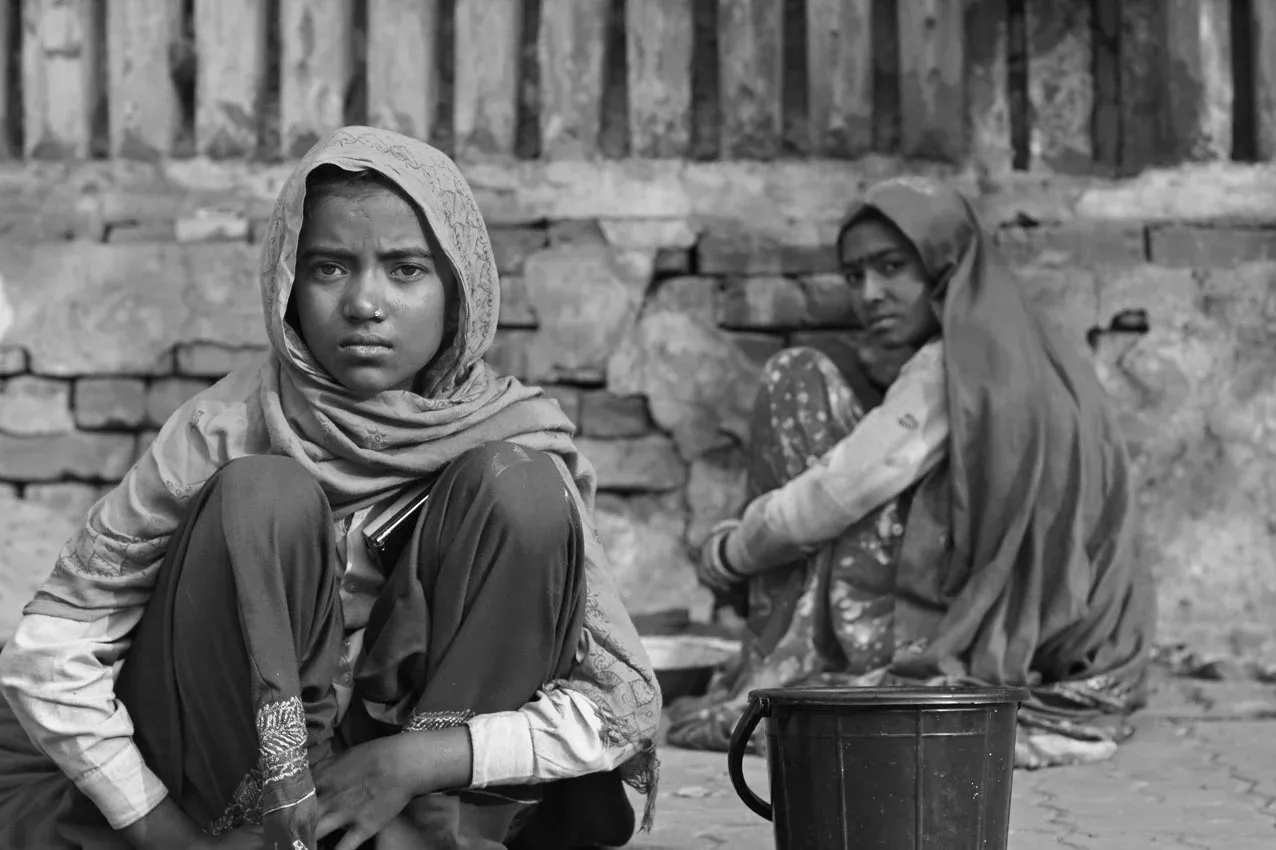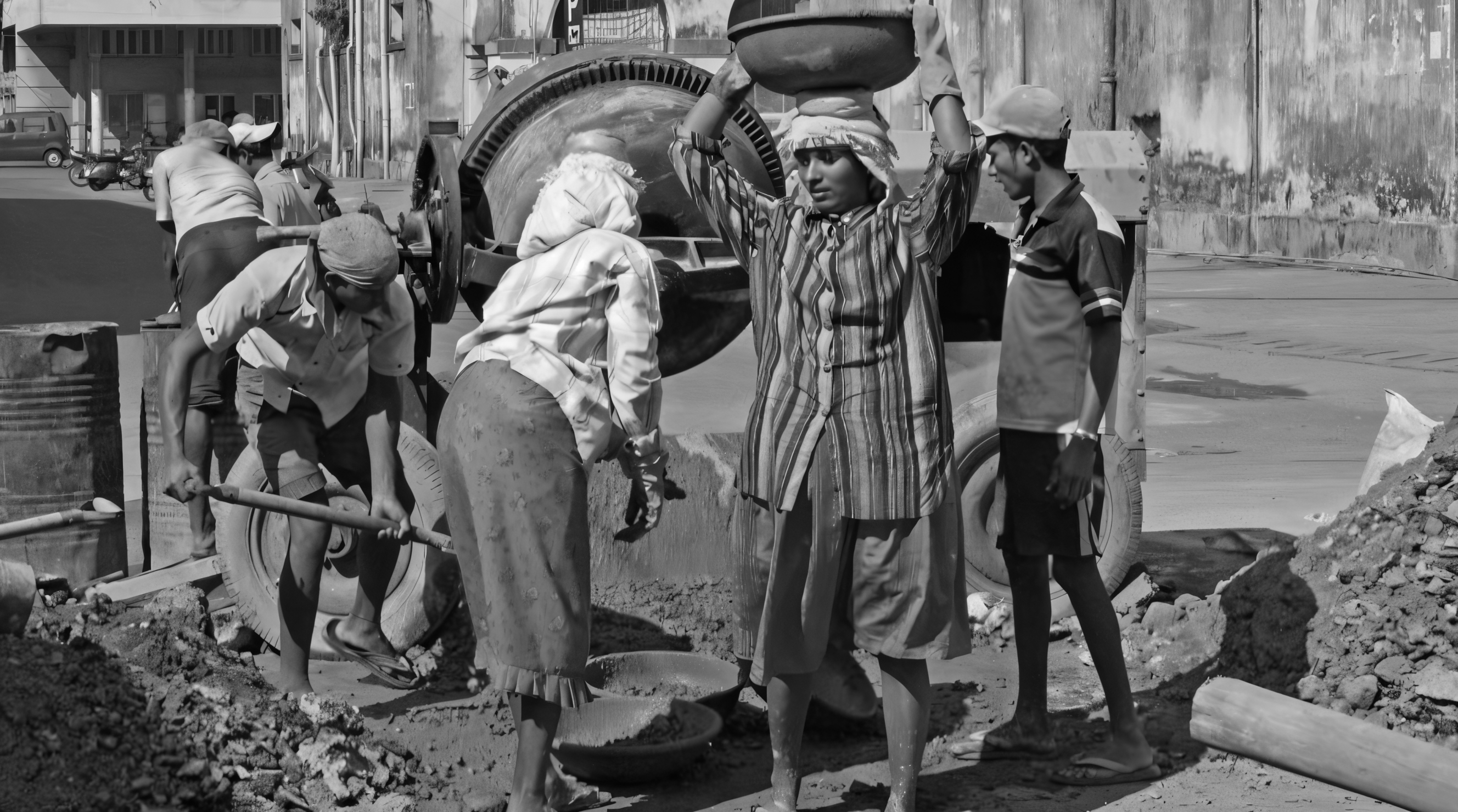
MINIMUM INCOME GUARANTEE ACT
"A nation’s true progress is measured not by its billionaires, but by how it treats its poorest citizen"
The Rajasthan Minimum Guaranteed Income Bill, 2023, introduced by the Ashok Gehlot–led government, creates a legal entitlement to a minimum income for adult residents of the state. Passed on July 21, 2023, it builds upon MGNREGA’s rural guarantee and extends similar protections to urban workers, while also securing pensions for vulnerable groups. The Bill aims to cushion households during economic stress, reduce poverty, and deepen social justice by ensuring predictable income through work and social security. By combining employment, time-bound payments, and grievance redress, it seeks to move from welfare discretion to rights-based delivery—though debates continue around fiscal sustainability, administrative capacity, and political timing.
Key Provisions of the Bill
The Bill rests on three pillars. First, a right to a minimum guaranteed income for 125 days each year, achieved through public employment: in rural areas via 100 days under MGNREGA plus 25 days under the Chief Minister Rural Employment Guarantee Scheme, and in urban areas through the Indira Gandhi Urban Employment Guarantee Scheme. Second, a right to guaranteed employment with unemployment allowance if work is not provided within 15 days of demand. Third, a right to social security pensions—₹1,000 per month with an annual 15% increase linked to inflation—for eligible elderly, widowed, and disabled citizens, ensuring predictability and dignity of income.
Objectives of the Bill
The Bill’s objectives are to alleviate poverty by guaranteeing paid work and timely pensions; generate local employment that stabilizes households during lean seasons; and extend social security to those historically excluded from formal protections. It seeks to enhance economic empowerment through predictable cash flows, particularly for women and marginalized communities, and to embed transparency and accountability via digital records, public disclosure, and social audits. By integrating rural and urban guarantees, the Bill aspires to reduce distress migration, smooth incomes, and catalyze community assets. Ultimately, it reframes assistance as a rights-based entitlement that citizens can demand and review.
Implementation Mechanism
Implementation relies on existing job-card systems, demand-based work applications, and time-bound provisioning by Gram Panchayats in rural areas and Urban Local Bodies in towns. Payments are routed through direct benefit transfer to bank accounts, with clear timelines for wage disbursal and penalties for delays. Beneficiaries for pensions are identified through welfare databases and verified periodically to prevent exclusion and duplication. Funding is shared between state and, where applicable, central schemes, with budgeted allocations and real-time dashboards to monitor progress. Social audits and RTI access to muster rolls, sanctions, and expenditures enable community oversight and strengthen corrective action when gaps surface.
Significance of the Bill
As India’s first law to legally guarantee income through employment and pensions across rural and urban contexts, the Bill marks a shift from ad hoc relief to enforceable rights. It strengthens household resilience by ensuring a minimum number of paid workdays and a predictable pension floor, while borrowing accountability features from MGNREGA—such as time-bound responses and transparency norms. The urban extension recognizes growing precarity in cities and offers a structured safety net. By codifying entitlements and embedding oversight, the Bill seeks to align social protection with constitutional ideals of justice and equality, though much depends on robust execution and financing.
Relation to MGNREGA and RTI
The Bill builds directly on MGNREGA’s design—demand-driven work, unemployment allowance for non-provision within 15 days, job cards, and digital wage tracking—while adding urban employment through IGUEGS. It also relies on RTI to guarantee transparency: citizens can access muster rolls, sanction orders, and payment trails to verify delivery. Social audits institutionalize public scrutiny of records and worksites, creating a feedback loop that deters leakages and corrects errors. By marrying rights-based guarantees with information rights, the framework makes administrators answerable to citizens, turning beneficiaries into stakeholders who can demand, monitor, and enforce entitlements in both villages and cities.


Criticisms and Challenges
Critics question fiscal sustainability, noting recurring outlays and potential payment bottlenecks if funds are delayed. Administrative capacity—especially in urban local bodies—may be stretched, risking wage arrears and uneven implementation. Determining eligibility for pensions, preventing ghost entries, and maintaining up-to-date databases require constant vigilance. Some label the Bill populist, while others argue the pension floor may be inadequate without periodic revisions. Ensuring timely unemployment allowance when work is not provided, harmonizing rural and urban processes, and building robust grievance redress systems are essential. Success will depend on predictable financing, data integrity, and strong local institutions.
Comparison with Global Minimum Income Schemes
Internationally, minimum income or cash transfer programs vary in design and conditionality. France’s RSA links support to reintegration plans; Italy’s former RdC tied benefits to active job search; and Brazil’s Bolsa Família conditions cash on schooling and health checkups. Rajasthan’s approach is distinctive: it emphasizes a work-based guarantee plus legally enforceable pensions, with unemployment allowance for non-provision of work—combining income stability with community asset creation. Rather than pure cash entitlements or universal basic income, it embeds transparency mechanisms and social audits to improve delivery, aligning protections with local employment generation and capacity building across rural and urban contexts.
Sentiment on X
Public sentiment is mixed. Supporters hail the Bill as a game-changer that can stabilize vulnerable households and stimulate local economies, advocating expansion to 150 workdays in periods of distress. Critics warn about fiscal risks, administrative overload, and potential politicization, arguing for tighter safeguards and realistic budgeting. Observers highlight the importance of digitized attendance, timely payments, and transparent dashboards to maintain credibility. Civil society groups emphasize capacity building and grievance redress so that no eligible person is left out. Overall, the conversation underscores both the urgency of protections and the need for disciplined, accountable implementation.
How to Engage with the Bill
Rural residents can apply for or update job cards at Gram Panchayats, while urban workers engage via their Urban Local Bodies under IGUEGS. Households may demand work orally or in writing and track wages through passbooks or online portals. Eligible persons can enroll for pensions at designated welfare offices with basic ID and bank details. If work is not provided within 15 days, applicants can claim unemployment allowance. Citizens can use RTI to access records and participate in social audits to verify implementation. Active engagement strengthens delivery, closes loopholes, and ensures entitlements reach those who need them most.
Conclusion
The Rajasthan Minimum Guaranteed Income Bill, 2023, advances a rights-based architecture of protection: 125 days of guaranteed employment and predictable pensions that rise annually. By extending guarantees to urban areas and leveraging RTI and social audits, it marries income security with accountability. Its promise, however, hinges on timely financing, capable local institutions, accurate beneficiary databases, and responsive grievance redress. Compared with global models, Rajasthan’s work-and-pension blend is uniquely suited to build assets while stabilizing incomes. Implemented well, it can strengthen dignity, reduce poverty, and deepen democratic participation across the state’s rural and urban communities.